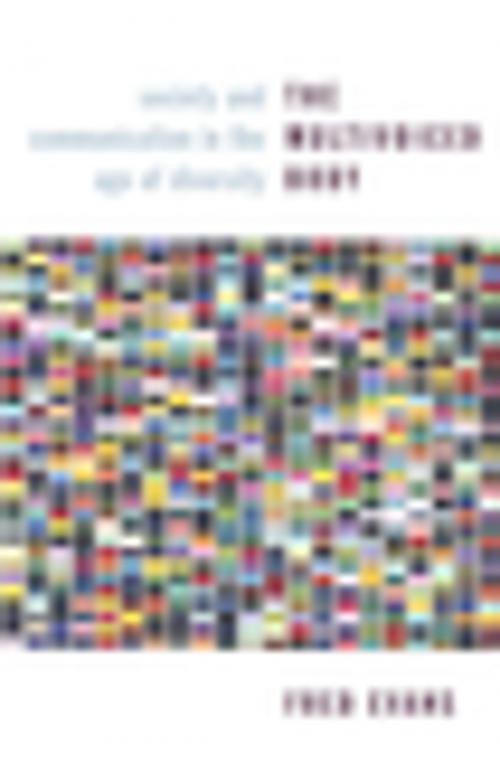The Multivoiced Body
Society and Communication in the Age of Diversity
Nonfiction, Religion & Spirituality, Philosophy, Political| Author: | Fred Evans | ISBN: | 9780231519366 |
| Publisher: | Columbia University Press | Publication: | March 30, 2009 |
| Imprint: | Columbia University Press | Language: | English |
| Author: | Fred Evans |
| ISBN: | 9780231519366 |
| Publisher: | Columbia University Press |
| Publication: | March 30, 2009 |
| Imprint: | Columbia University Press |
| Language: | English |
Ethnic cleansing and other methods of political and social exclusion continue to thrive in our globalized world, complicating the idea that unity and diversity can exist in the same society. When we emphasize unity, we sacrifice heterogeneity, yet when we stress diversity, we create a plurality of individuals connected only by tenuous circumstance. As long as we remain tethered to these binaries, as long as we are unable to imagine the sort of society we want in an age of diversity, we cannot achieve an enduring solution to conflicts that continue unabated despite our increasing proximity to one another.
By envisioning the public as a multivoiced body, Fred Evans offers a solution to the dilemma of diversity. The multivoiced body is both one and many: heterogeneous voices that at once separate and bind themselves together through their continuous and creative interplay. By focusing on this traditionally undervalued or overlooked notion of voice, Evans shows how we can valorize simultaneously the solidarity, diversity, and richness of society. Moreover, recognition of society as a multivoiced body helps resists the pervasive countertendency to raise a chosen discourse to the level of "one true God," "pure race," or some other "oracle" that eliminates the dynamism of contesting voices.
To support these views, Evans taps the major figures and themes of analytic and continental philosophy as well as modernist, postmodernist, postcolonial, and feminist thought. He also turns to sources outside of philosophy to address the implications of his views for justice, citizenship, democracy, and collective as well as individual rights. Through the seemingly simple conceit of a multivoiced body, Evans straddles both philosophy and political practice, confronting issues of subjectivity, language, communication, and identity. For anyone interested in moving toward a just society and politics, The Multivoiced Body offers an innovative approach to the problems of human diversity and ethical plurality.
Ethnic cleansing and other methods of political and social exclusion continue to thrive in our globalized world, complicating the idea that unity and diversity can exist in the same society. When we emphasize unity, we sacrifice heterogeneity, yet when we stress diversity, we create a plurality of individuals connected only by tenuous circumstance. As long as we remain tethered to these binaries, as long as we are unable to imagine the sort of society we want in an age of diversity, we cannot achieve an enduring solution to conflicts that continue unabated despite our increasing proximity to one another.
By envisioning the public as a multivoiced body, Fred Evans offers a solution to the dilemma of diversity. The multivoiced body is both one and many: heterogeneous voices that at once separate and bind themselves together through their continuous and creative interplay. By focusing on this traditionally undervalued or overlooked notion of voice, Evans shows how we can valorize simultaneously the solidarity, diversity, and richness of society. Moreover, recognition of society as a multivoiced body helps resists the pervasive countertendency to raise a chosen discourse to the level of "one true God," "pure race," or some other "oracle" that eliminates the dynamism of contesting voices.
To support these views, Evans taps the major figures and themes of analytic and continental philosophy as well as modernist, postmodernist, postcolonial, and feminist thought. He also turns to sources outside of philosophy to address the implications of his views for justice, citizenship, democracy, and collective as well as individual rights. Through the seemingly simple conceit of a multivoiced body, Evans straddles both philosophy and political practice, confronting issues of subjectivity, language, communication, and identity. For anyone interested in moving toward a just society and politics, The Multivoiced Body offers an innovative approach to the problems of human diversity and ethical plurality.















